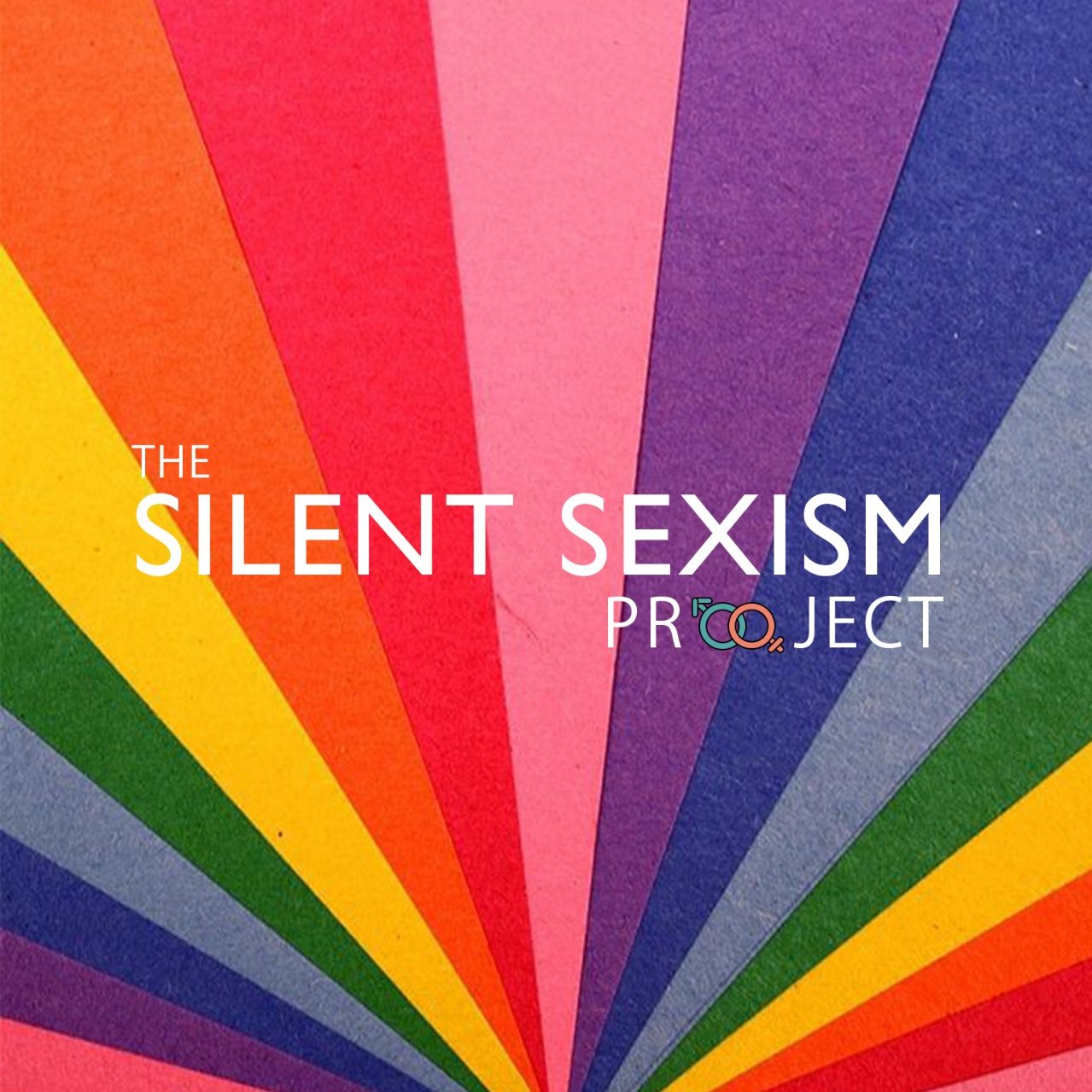WRITTEN BY: POORVI SHRIYAN
EDITED BY: RASHMITHA MUNIANDI
ROLE OF CONSENT:
No means no. What seems like a simple dialogue, was received with claps and praises when a dignified actor said it on the big screen. The mainstream cinema has always misrepresented women’s disagreement or unwillingness by dialogues like “Uske na main haan hai.” They sold us the perception that with consistent persuasion women finally give in. The importance of consent has never been taught to us.
Consent has always meant the same thing: permission, approval, agreement. It plays a very important role when an individual engages in sexual activity, but it plays an even more crucial one when someone is differently abled. The concept of consent is blurry when we talk about consent among people with disabilities. Loopholes like these give predators an easy way to get away after molestation and abuse.
There is an imbalance of power that exists between the abled and differently abled people. The kind of treatment, education and opportunities that are accessible to the rest of the society is not that easily available for people with disabilities. They might not receive the same kind of education and awareness, especially regarding sexuality. There are a lot of misconceptions among the society regarding people with disabilities. Sexuality is one such area; for instance, assuming people with disabilities to be asexual is fairly a common misconception. In a country where the word “sex” is considered to be a huge taboo, talking about the sexuality of people with disabilities seems impossible.
Consent is very complex in terms of people with disabilities. They have to face different challenges, and certain types of disability might put them at a higher risk of sexual assault or abuse. Not everyone is in a position to give verbal consent, whereas some may find it difficult to differentiate between appropriate or inappropriate touching.
Different types of disabilities result in people often depending on their caretakers for everyday tasks and routines. Educating them about consent, sexual awareness, personal space, privacy and appropriate touch is crucial. Including disability-related information into our sex education not only creates awareness among those who are differently abled but also educates society as a whole and changes perspectives on this topic.
The way of giving consent can be different for everyone, this includes verbal consent, behavioural consent and consent given through actions. Understanding and acknowledging the different types of consent is what plays an important role in distinguishing a consensual sexual act from an abuse.
A study shows that one in three adults with intellectual disability is a victim of sexual abuse as an adult. The abuse is more prevalent in males than in females, and it increases as the severity of the intellectual disability increases. One of the reasons for this difference in statistics is explained as men with intellectual disability experience less protection than females; the greater chances of being left without any supervision could put men at a higher risk of abuse.
We, as individuals, should be engaging in discussions on consent and address the stigma attached to the sexuality and consent of people with disabilities. Normalizing the topic and educating people is one of the ways to decrease the abuse against differently abled people. From changing the portrayal in the media to inclusion of the concept in our textbooks, it is vital to make society a safer space for all people to live in.
REFERENCES:
- Tomsa, R., Gutu, S., Cojocaru, D., Gutiérrez-Bermejo, B., Flores, N., & Jenaro, C. (2021). Prevalence of Sexual Abuse in Adults with Intellectual Disability: Systematic Review and Meta-Analysis. International journal of environmental research and public health, 18(4), 1980. https://doi.org/10.3390/ijerph18041980
- Sexual Abuse of People with Disabilities. (n.d). RAINN. https://www.rainn.org/articles/sexual-abuse-people-disabilities
